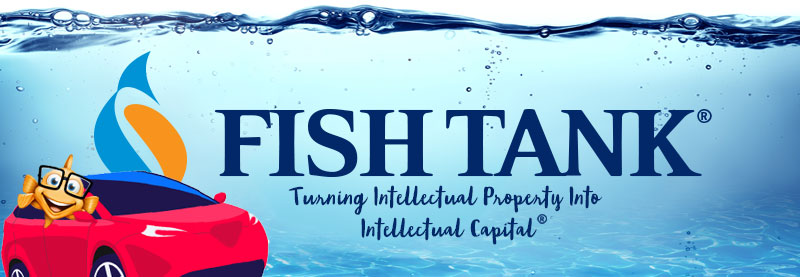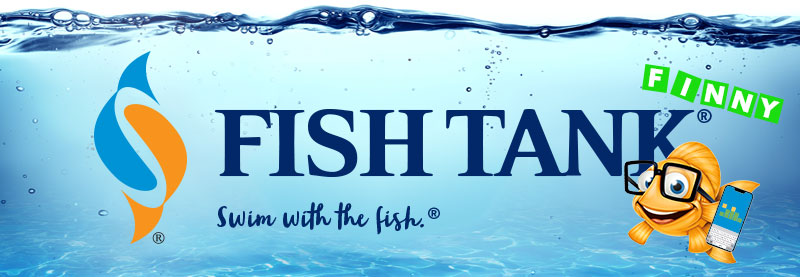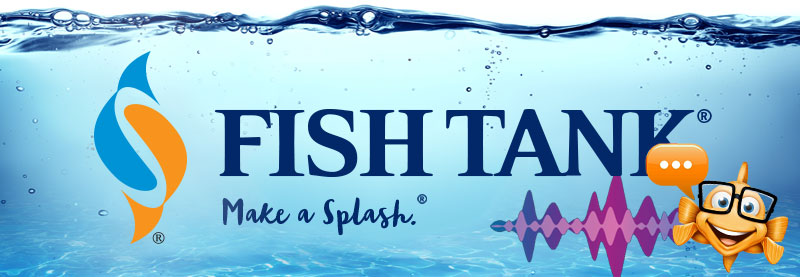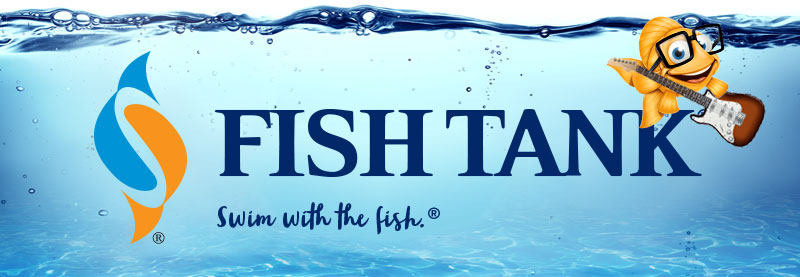Intellectual Property Insights from Fishman Stewart PLLC
Newsletter – Volume 24, Issue 8
Share on Social
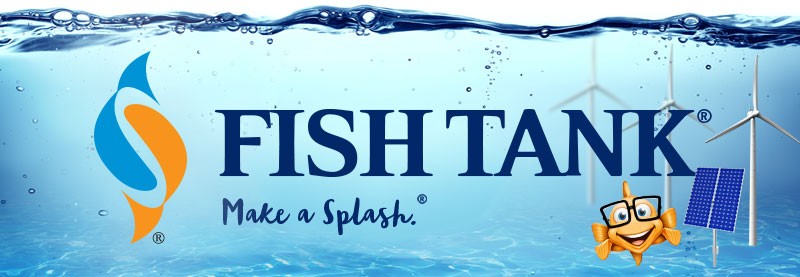
Climate Change and the Patenting Process Doing Its Part
Climate change has increasingly dominated daily news cycles, signaling a growing urgency for action. The escalation of temperatures during the hottest months serves as a stark reminder of the immediate need for solutions.
The United States Patent and Trademark Office (USPTO) is addressing this urgency with the Climate Change Mitigation Pilot Program. This program stands as a beacon, providing an expedited patenting process for innovative technologies that play a role in mitigating climate change. It encompasses technologies geared towards greenhouse gas removal, emission prevention, emission monitoring, promotion of renewable energy sources, energy efficiency enhancements, and sustainable advancements in transportation, water conservation, and waste management.
Launched in 2022, the USPTO expanded the program in 2023 to run until either June 7, 2027, or upon reaching a total of 4,000 grantable petitions for expedited review, whichever occurs first. This extension to the program demonstrates the USPTO’s ongoing commitment to supporting inventors and researchers working on climate change solutions.
Under this expanded program, green tech applications receive special status, accelerating their review process without having to meet usual requirements for expedited review.
This initiative not only expedites the transformation of ideas into tangible solutions but also fosters collaboration among stakeholders to address pressing environmental challenges. The increased allowance for applications receiving expedited review amplifies the program’s efficacy in facilitating the transition of innovative climate-related technologies from conceptualization to market-ready deployment.
The intersection of patents and climate change is a critical nexus in the pursuit of sustainable solutions on a global scale. As highlighted in “The Patent Lawyer Magazine” dated February 15, 2024, climate change is indeed a global issue that demands rapid action. UN Secretary-General Antonio Guterres’ call for net-zero greenhouse gas emissions by 2050 underscores the urgency of addressing climate change.
Initiatives like the USPTO’s Climate Change Mitigation Pilot Program play a crucial role in incentivizing and accelerating innovations that contribute to mitigating climate change. Globally, initiatives such as WIPO’s Green Inventory and WIPO GREEN demonstrate similar collaborative efforts to connect inventors, facilitate knowledge exchange, and accelerate the development and adoption of green technologies. Fast-track patent approval programs in various countries further underscore the international recognition of the importance of green innovations.
Global trends in green technology patenting indicate a strong push towards sustainable solutions. India issued over 60,000 patents for green technologies in recent years. The substantial increase in patent grants, design registrations, and brand registrations in India reflects a growing commitment to fostering innovation through intellectual property protection. It is clear that patents not only provide legal protection but also serve as catalysts for investment, innovation, and confidence-building in the realm of green technologies.
The convergence of patents and climate change presents a pivotal opportunity to drive sustainable solutions on a global scale. The continued advancement of initiatives like the USPTO’s Climate Change Mitigation Pilot Program, coupled with global policy support for green patents and investments in green technologies, will play a significant role in shaping a more sustainable and resilient future for generations to come.
Paul Ratzmann is a partner at Fishman Stewart and a registered patent attorney, practicing in many technology fields. As an engineer, before he became a patent attorney, Paul was an inventor and is listed on eleven US patents, such as the one listed here.

Related Content from Fishman Stewart
Car enthusiasts are buzzing about Alfa Romeo's latest SUV which is also its first EV (plus a hybrid option). Initially branded as “Milano,” the name was changed to "Junior" after it was announced that the car would be produced in Poland.
The online word game Wordle was created in 2021 by Josh Wardle and quickly rose in popularity. Players receive a new puzzle daily with six chances to correctly guess a five-letter word of the day with limited clues.
In a recent decision, the U.S. Court of Appeal for the Eighth Circuit affirmed a jury verdict holding that the use of the "Success Kid" meme by a congressman's reelection campaign for fundraising purposes did not qualify as fair use.
In February 2024, proposed legislation was introduced in US House of Representatives which would extend copyright protection to golf courses. The bill is titled “Bolstering Intellectual Rights against Digital Infringement Enhancement Act” or the “BIRDIE Act”.
OpenAI recently held a live demonstration of a new ChatGPT version that included the use of an AI personal assistant voice dubbed “Sky.” Many observers compared Sky to Scarlett Johansson’s voice in the 2013 Spike Jonze romantic sci-fi film “Her,” which centers on a man who falls in love with the female voice of his computer’s operating system.
June is Pride Month, which honors the 1969 Stonewall Uprising in Manhattan and recognizes the impact that lesbian, gay, bisexual, and transgender (LGBTQ+) individuals have had on history locally, nationally, and internationally. The United States Patent and Trademark Office flies the Pride Flag and promotes the Pride community’s contributions with programming offered annually.
First-time inventions have led inventors to great successes throughout history, sometimes immediately, sometimes after several more attempts at more useful inventions. In the U.S., two very famous inventors with contrasting first-time experiences are Thomas Edison and Alexander Graham Bell.
June is Pride Month. This year we are celebrating with some IP tips for drag performers! Drag performers can protect their intellectual property by registering the copyrights in their original works of music, choreography, and comedy sketches.
Bands often start out as creative endeavors among friends, and bands may not prove lucrative for many years, if at all. Until bands break up, thought and planning may not be given to who is the owner of the band names and entitled to use them going forward.
You’re rarely more than a few yards from Finny’s favorite chips, semiconductor chips to be precise. But what exactly is a semiconductor chip?
IDENTIFYING, SECURING AND ADVANCING CREATIVITY®



